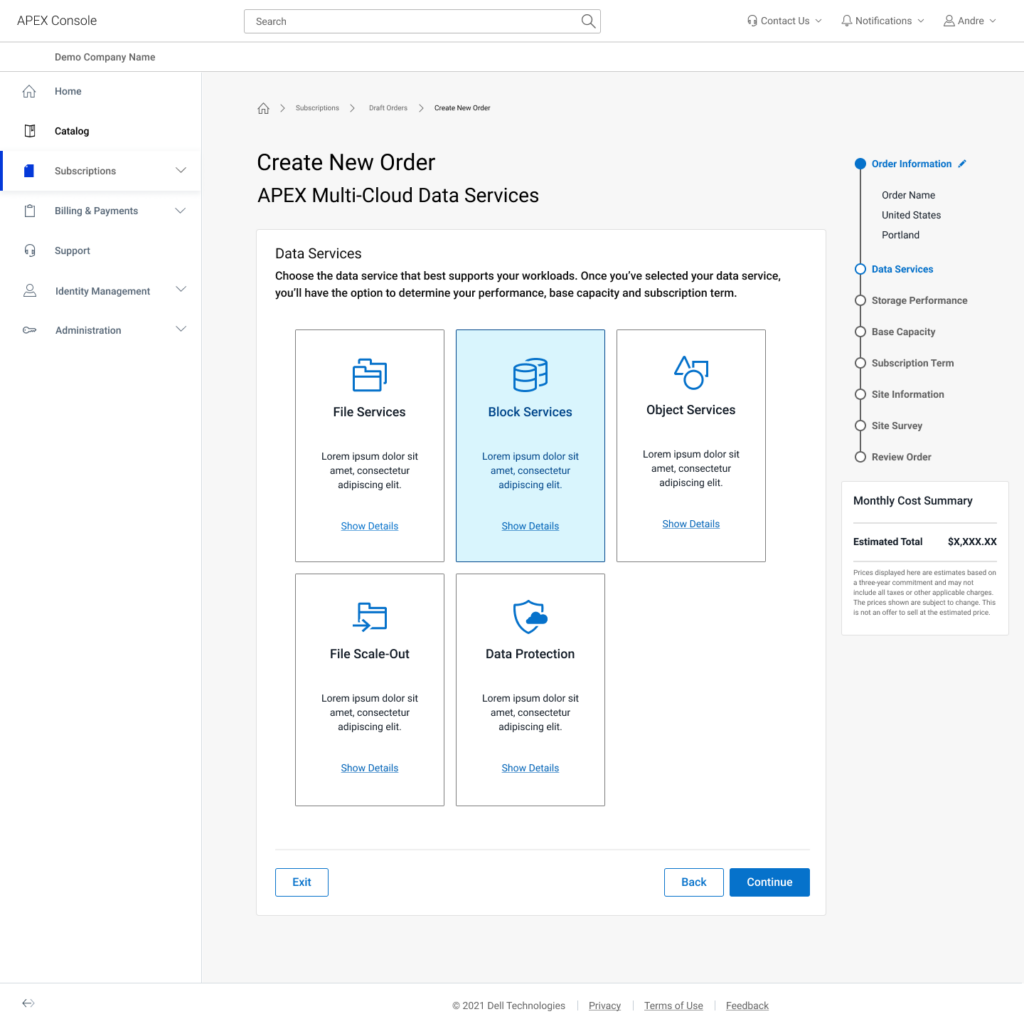Dell Extends Kubernetes Reach of APEX Managed Services
Dell Technologies today announced support for the Amazon Web Services (AWS) Kubernetes distribution and the Rancher framework from SUSE used to manage Kubernetes clusters.
The announcement is part of an effort by Dell Technologies to extend the managed APEX infrastructure services it provides for Dell servers and storage platforms.
In addition, the Dell Technologies developer portal is being expanded to provide DevOps teams with access to Dell application programming interfaces (APIs), software development kits (SDKs) and other modules and plug-ins that can be used to provision infrastructure-as-code (IaC).
Finally, Dell is pledging to make its block and file storage platforms available on public clouds along with extending the data protection services integrated with the APEX console via a Project Alpine initiative.
APEX is a collection of services Dell Technologies provides to help organizations manage infrastructure, enabling IT teams to spend more time and effort on building and deploying applications.
Caitlin Gordon, vice president of product management for Dell Technologies, says as more organizations embrace multi-cloud computing, the need to extend the reach of the APEX services Dell provides is becoming more pronounced. As such, Dell is extending the reach of the APEX management console to provide integrations with multiple cloud services, she says.
A Forrester Consulting study commissioned by Dell Technologies finds 83% of organizations have adopted a multi-cloud approach or plan to within the next 12 months. The challenge those organizations face is how to predictably manage those cloud computing environments so that rapidly building and deploying applications is simpler, says Gordon.
By relying on Dell’s managed APEX services, the overall complexity of the IT environment is sharply reduced by, for example, relying on Dell to manage Kubernetes distributions running on its servers and storage systems, adds Gordon.
It’s not clear whether organizations will prefer to rely on Dell to manage their IT versus continuing to manage it themselves or relying on a third-party IT services provider. Historically, managed services have accounted for less than 20% of all IT spending because many organizations have been reluctant to give up control of their IT environments.
In the wake of the economic downturn brought on by the COVID-19 pandemic, however, the number of organizations that prefer to treat IT as an operational expense has increased substantially. With more employees working from home, organizations are looking for a more flexible approach to IT, which Gordon notes is challenging to achieve when managing legacy systems in on-premises IT environments.
In effect, Dell is enabling a cloud operating model to be applied to on-premises IT environments. Over time, it may become difficult to distinguish between public clouds and on-premises IT environments if they are essentially managed the same way. In the meantime, IT teams need to evaluate which workloads lend themselves to a public cloud service versus those that need to run on-premises due to performance or security concerns—regardless of who is managing them.





